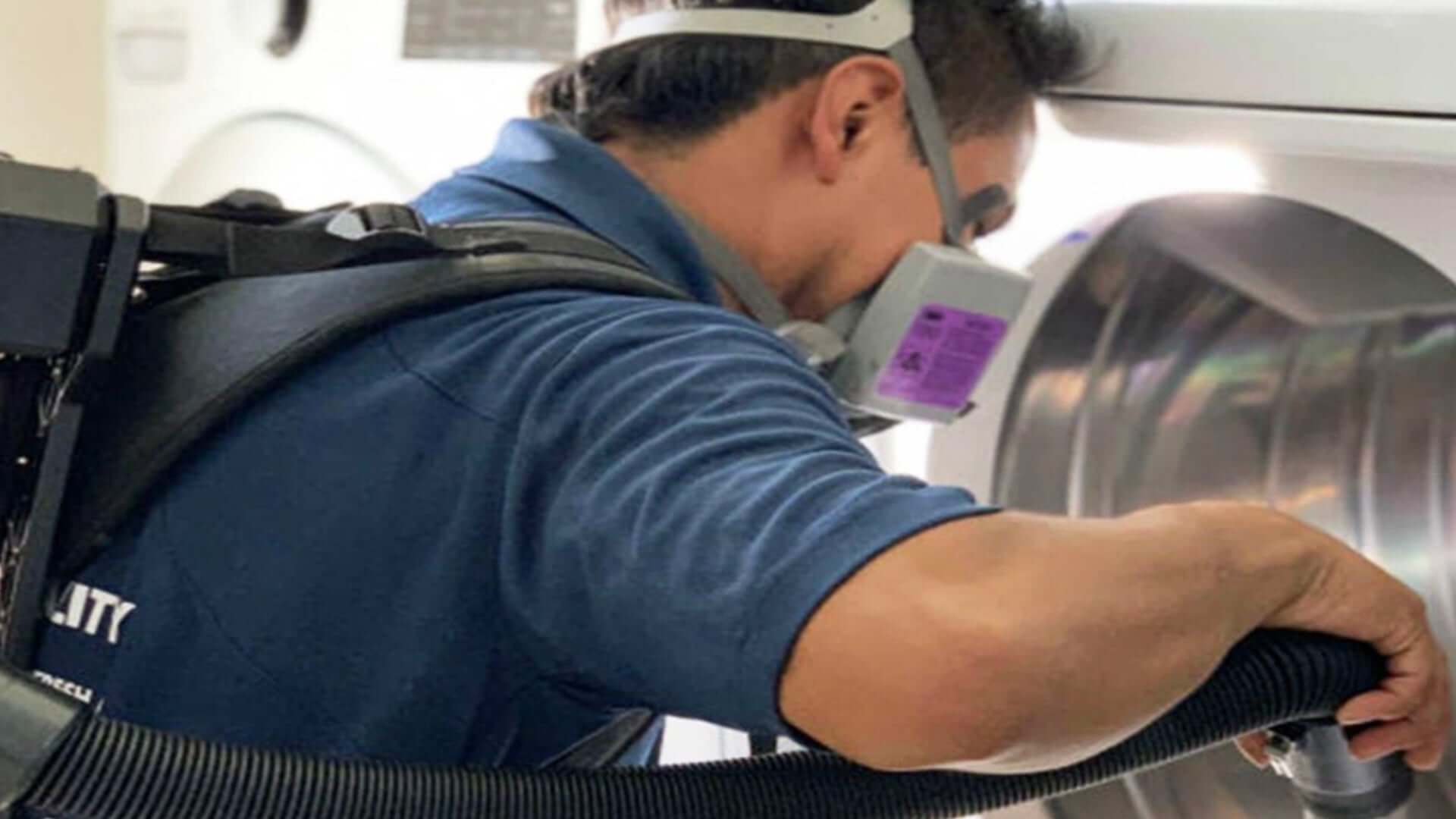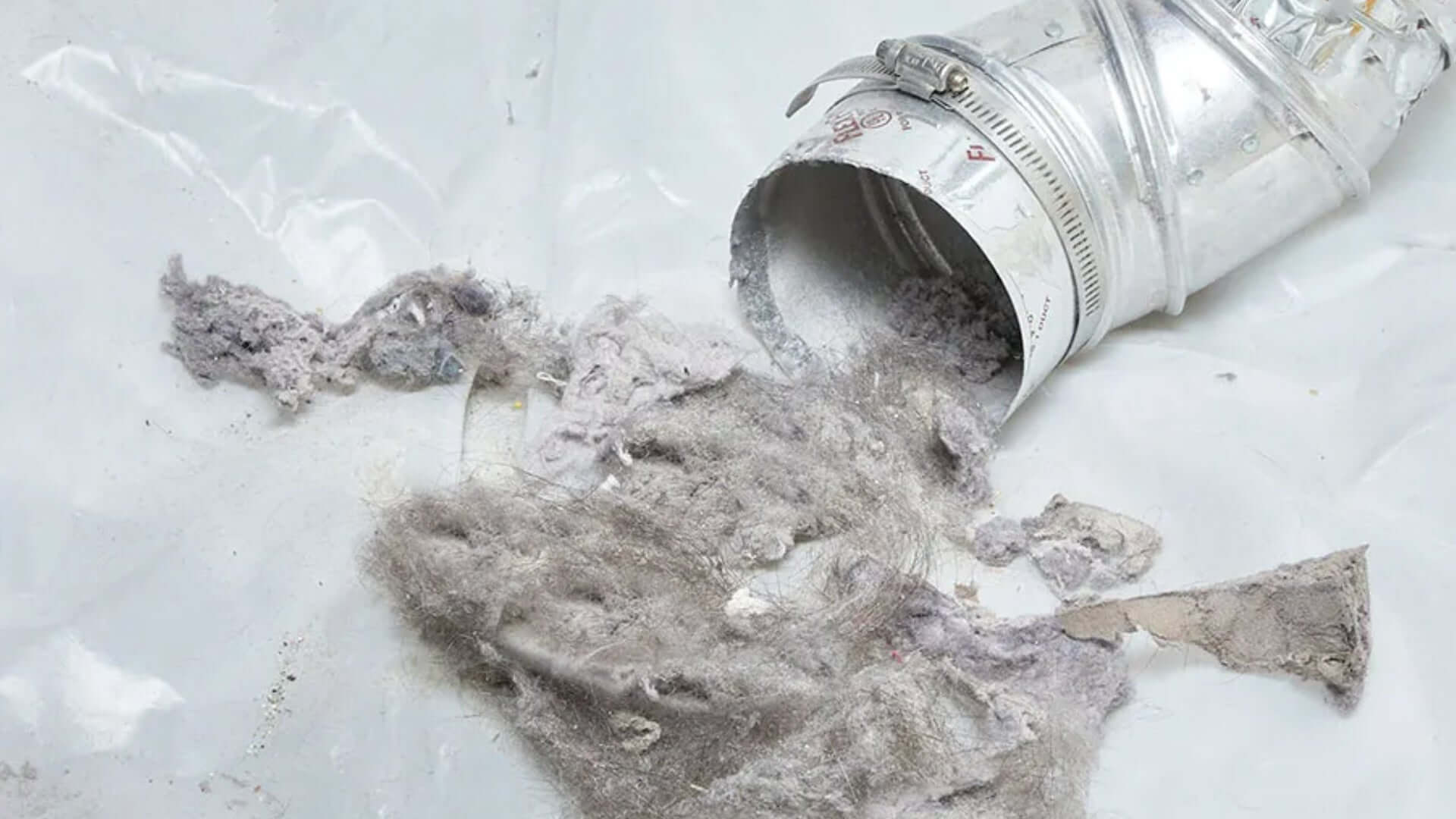Real-Life Cases
-
House Fire in California, USA: In January 2020, a household in California experienced a severe fire due to lint buildup in the dryer, resulting in significant property damage. The lint accumulated and ignited under high temperatures, causing the fire to spread quickly.
-
Residential Fire in Devon, UK: In December 2019, a home in Devon, UK, caught fire due to lint accumulation in the dryer. The fire caused partial destruction of the house, but fortunately, there were no injuries. The fire department emphasized the importance of regular lint cleaning.
-
Apartment Fire in Vancouver, Canada: In October 2018, an apartment building in Vancouver, Canada, suffered a fire caused by lint buildup in the dryer, leading to thousands of dollars in property damage. The investigation revealed that the dryer vent had not been cleaned for a long time, causing the lint to ignite.
-
House Fire in Sydney, Australia: In March 2017, a house in Sydney caught fire due to a dryer malfunction caused by lint accumulation. Although the fire caused severe property damage, there were no casualties.
-
Residential Fire in Auckland, New Zealand: In September 2016, a house in Auckland experienced a fire due to lint buildup in the dryer. The fire department highlighted the necessity of regular cleaning and maintenance of dryers to prevent such incidents.
Safety Tips
1. How to Clean the Lint
Before and after each use, remove lint from the filter. A clean lint filter allows for better air circulation, which helps prevent overheating and reduces the risk of fires.
2. Regular Vent Cleaning
Ensure that the dryer vent system is cleaned regularly. This includes the venting tube and the external vent. Lint accumulation in the vents can obstruct airflow, leading to overheating and potentially a fire. It’s recommended to have a professional clean the dryer vent at least once a year.
3. Inspect and Maintain the Venting System
Check the venting system behind the dryer to make sure it's not crushed or kinked, as these conditions can also restrict airflow and lead to overheating. Using a rigid or semi-rigid venting material can help prevent this.
4. Keep the Area Around the Dryer Clear
Ensure that the area around the dryer is free of flammable items such as boxes, cleaning supplies, and clothing. A clutter-free area helps prevent materials from catching fire due to close proximity to the dryer.
5. Install Properly
Ensure that your dryer is installed with the correct electrical plugs and outlets, and adhere to local codes and manufacturer instructions. Incorrect installation can lead to electrical failures, which pose a fire risk.
6. Avoid Overloading
Do not overload your dryer. Overloading can cause excessive heat build-up within the drum, which can ignite items of clothing or lint caught in the dryer.
7. Use Dryer Sheets Wisely
Use dryer sheets according to the manufacturer's instructions, as overuse can lead to a build-up of chemicals and lint, which can catch fire under high heat.
8. Turn Off the Dryer When Not at Home
Do not leave the dryer running when you are not at home or while sleeping. Being nearby can help you quickly react if the dryer starts to malfunction.
9. Install a Smoke Detector
Place a smoke detector in or near your laundry room to alert you quickly in the case of a fire.
10. Regularly Inspect for Signs of Wear
Check the cords and connectors for any signs of wear or damage. If you notice anything unusual, such as a frayed cord or loose plug, have it repaired immediately.
Conclusion
Preventing dryer fires involves a combination of regular maintenance, proper installation, and safe usage practices. By adhering to these guidelines, you can significantly reduce the risk of a dryer fire in your home, ensuring the safety of your property and loved ones. Remember, staying vigilant and proactive is the key to preventing these potentially devastating fires.
National Fire Protection Association (NFPA): Reports approximately 2,900 home fires caused by dryers each year in the U.S., resulting in around 100 injuries, 5 deaths, and over $35 million in property loss.
Research Findings: More than one-third of dryer fires are caused by failure to clean the lint filter.
Maintenance Tips: Regular dryer and vent maintenance are critical for preventing fires.



